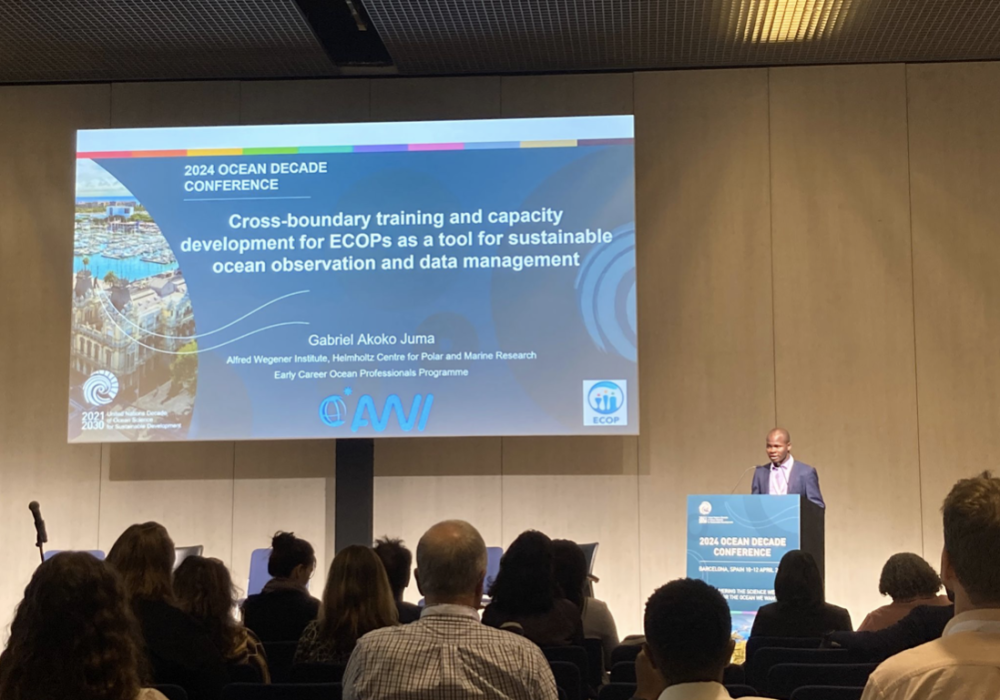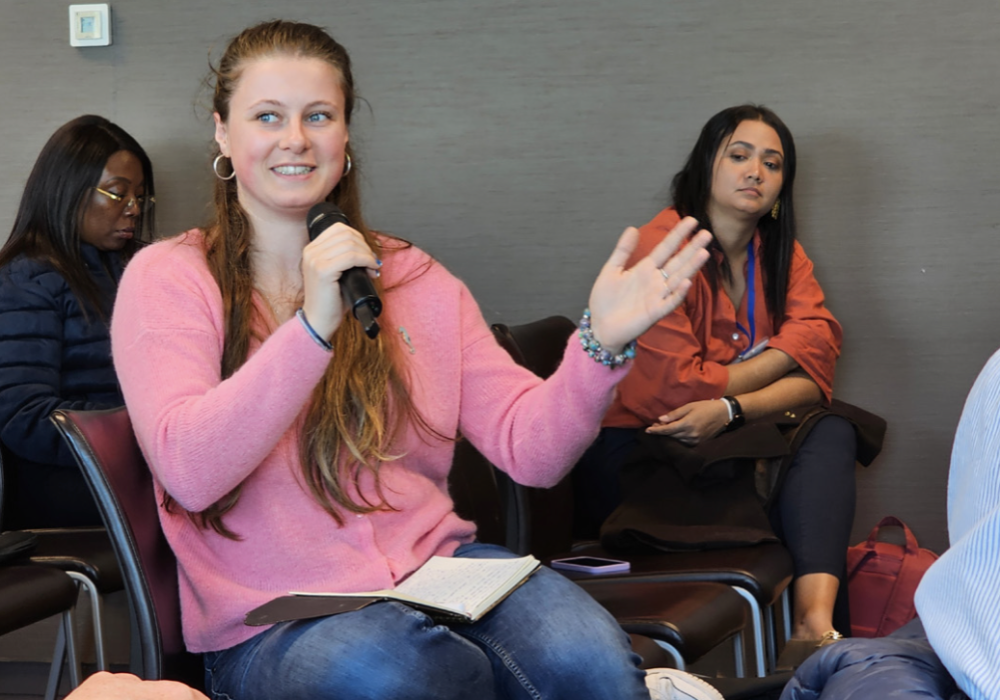ECOPs Blue Capacity Development (BlueCaD) Project
Table of Contents
Background
The Blue Capacity Development (Blue CaD) project provides capacity for Early Career Ocean Professionals (ECOPs) through training on generation, sharing and management of ocean data and information, for science and sustainable development. Through specialized courses related to ocean science, the project empowers ECOPs from diverse backgrounds with professional techniques of data collection, data management and information sharing. This approach helps in reducing barriers among underrepresented groups, and enhance innovation among ECOPs from various ocean basins. The project activities respond directly to UN Ocean Decade challenges 7, 9 and 10 on providing capacity, skills and knowledge for enhanced ocean observation and conservation.
Objectives of the project
Delivering ‘the ocean we want,’ requires development of new techniques and holistic approaches in studying the ocean in more details and on a larger scale. The overall goal of BlueCaD project seeks to support this process by empowering ECOPs with professional skills on ocean data and information management for sustainability.
Specifically, the initiative seeks to:
- Train short courses on data collection techniques, data management and science communication using online and in-person modules.
- Provide shipboard training on specialised courses related to ocean observation and data management.
Activities
The Blue CaD Project facilitates blended technical courses in Remote Sensing, GIS, R, Python and Ocean Data View. These courses introduce ECOPs to ocean data processing, analysis and visualization in a more powerful way using open-source software and programming languages. Relevant oceanographic (physical, chemical and biological) and fisheries datasets are used in the training, making it easy to relate, understand and apply the course concepts. Along with online courses on the OceanTeacher Global Academy Platform, in person field courses (including cruises) and are designed to involve training for ECOPs on sampling techniques for various facets of oceanography and marine biodiversity, such as water quality and fish catch data recording. These opportunites enhance inclusivity through working with ECOPs outside research and academia on simple techniques of ocean observation which might not involve complex scientific concepts. Overall, the approach ensures accuracy and usability of the collected data as well as replicability of the methods.
The Blue CaD project also provides training on both scientific writing and science communication, as sustainable decisions about ocean sustainability require understanding the fundamental concepts about the ocean and its resources, and communicating them in a meaningful way. Including this element enables ECOPs to scientifically communicate their findings, targeting peer reviewed journals, as well as guiding them on how to present their work to policy makers, communities, industries and the general public using summary reports, policy briefs and infographics.
Past training activities
The Blue Capacity Development (BlueCaD) Project provides training opportunities for Early Career Ocean Professionals (ECOPs) to learn generation, sharing and management of ocean data and information, for science and sustainable development. The ECOP Programme has been running trainings since 2022. Learn more below:
This was an introductory course for African Early Career Ocean Professionals (ECOPs) leveraging the use of ocean colour remote sensing as a tool for marine environmental protection and conservation.
Number of participants: 14
Learn more: Africa Ocean colour data analysis report
This course served as an introduction to R programming language and software environment (RStudio) for data exploration, cleaning, organizing, analysis and visualization.
Number of participants: 50
The course targeted ECOPs from Asia, and served as an introduction to R programming language and software environment (RStudio) for ocean data analysis.
Number of participants: 62
Learn more: Asia data analysis with R course report
This course introduced learners to the Python programming language and software environment.
Learn more: Central America online course report
Number of participants: 32
This online and in-person course on data collection through marine sampling was held in Malta at AquaBioTech Group. Along with IOC-UNESCO’s OceanTeacher Global Academy and the ECOP Programme, partners included Stockholm University, Alfred Wegener Institute, Helmholtz Centre for Polar and Marine Research, AquaBioTech Group and the International Ocean Institute, Jean Monnet Centre of Excellence on Sustainable Blue Economy at EMUNI University.
Number of participants: 17
Learn more: Introduction to Oceanographic Survey Techniques and Data Management report
Read the blog from participants of the first blended course in Malta and watch the video below made by AquaBioTech Group.
Other activities
Participation in the UN Ocean Decade Conference
In April 2024, the activities of our project were highlighted at the UN Ocean Decade Conference when Gabriel Akoko Juma gave a presentation on, “Cross-boundary training and capacity development for ECOPs as a tool for sustainable ocean observation and data management.”
ECOPs also strongly participated in other events such as the DIGITAL TWIN of the Ocean and ECOPs satellite event where discussions sought to provide further opportunities to engage Early ECOPs in the DTO process.


Project coordinators
Main stakeholders and partners
Ocean Teacher Global Academy (OTGA) of the IOC UNESCO – Our main partner is OTGA. The organization delivers customized training for ocean experts and professionals to increase national and regional capacity in coastal and marine sciences, services and management. It hosts the e-learning courses, and provide pedagogic and administrative support during implementation of the training activities. It also supports some of the on-site courses.





